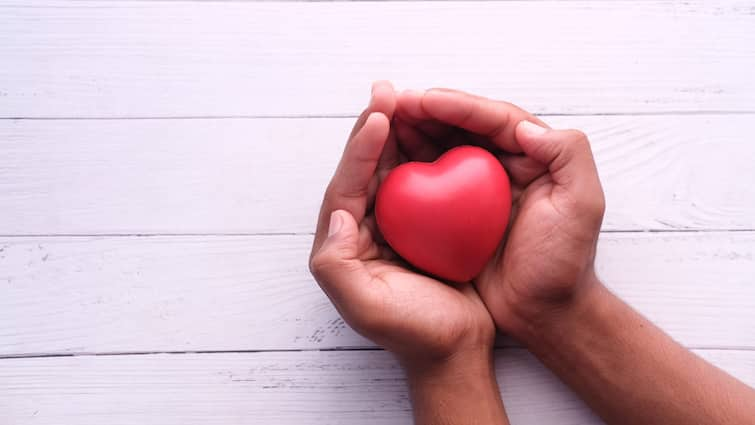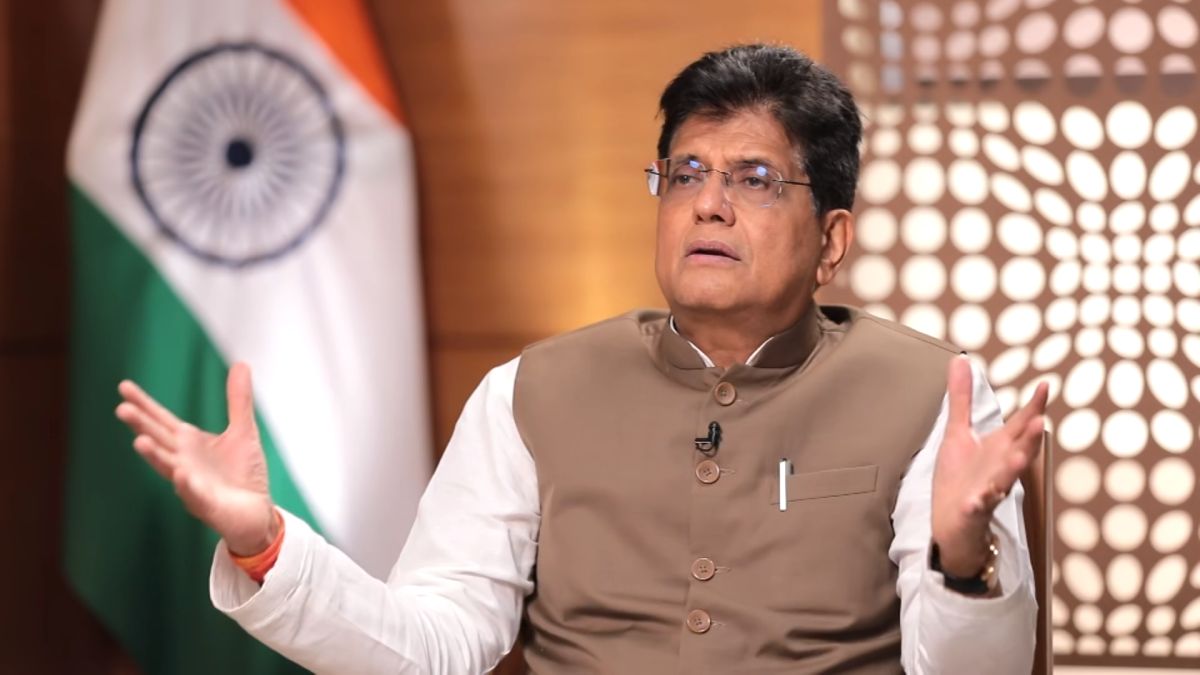(By Dr Malini Saba)
We don’t really think about our hearts, do we? Most of the time, it just goes on, quietly pumping, moving, keeping us alive without ever asking for recognition. And we notice it only when something feels off or when we push ourselves too far. But the heart is always listening. Every worry, excitement, tiny little thing we barely notice – it all registers. Our heart doesn’t make distinctions between big and small events; it just feels.
ALSO READ: Preventing Heart Disease In Gen-Z: Why Ayurveda Is Becoming Their Go-To Choice
Stress Has A Way Of Sneaking In
Stress is sneaky. It doesn’t always show up with a warning. Sometimes it’s tiny, almost invisible. A small comment by somebody, an argument, a chore that never ends. At first, it doesn’t seem like a problem, almost normal – but slowly, day by day, it builds. Our chest might feel tight; sleep might not feel restful, and the heart might race for reasons we can’t quite name. Even small stress matters; carry it long enough, and it feels heavier than we thought possible.
Emotions Are In The Body Too
We often think emotions are just thoughts. But they live in the body – anger makes the chest feel heavy, worry makes the heart beat faster, and calm or gratitude can make it feel lighter. Emotions are signals. They tell us how we’re coping, even when we ignore them. All those small, everyday emotions matter. They shape the heart over time in ways we don’t notice.
Tiny Habits Matter
We assume the heart needs big solutions – exercise, diet programmes, and checkups. But it’s often the small, quiet things that help most. Taking a slow breath before reacting, stepping outside for a walk, pausing, even for a single minute, noticing the sky, listening to music while doing tasks. They seem minor, almost trivial. But they add up.
Being Gentle With Ourselves
Life moves fast – we push ourselves, take on too much, and forget to breathe. But being gentle with ourselves is vital. Self-compassion isn’t indulgence; it’s part of heart health. Pausing, noticing how we feel, and letting ourselves rest – even briefly – eases tension. A few mindful minutes each day make a difference.
Moving And Eating With Attention
Movement and food matter, yes. But they matter even more when we notice them. Moving in ways we enjoy – walking, stretching, dancing, and light activity – helps mind and heart alike. Eating mindfully, noticing flavours, textures, and the act of nourishing ourselves – this strengthens the mind-body connection as Simple habits, easy to do, quietly support the heart.
Listen To The Heart
The heart speaks all the time. Fluttering, tightness, calm – they’re all messages. We don’t need big interventions to hear it. Just noticing, pausing, breathing, adjusting a little – that’s enough. Heart health isn’t just about numbers or checkups. Daily attention matters. Small acts of care are what keep it steady.
Finding Balance
Balance isn’t complicated. But it requires attention. Managing stress, noticing emotions, moving in ways that feel good, and eating mindfully – all of it strengthens the heart. Every pause, every breath, every small habit counts.
When we slow down, we notice how mind and heart communicate. Stress changes rhythm. Gratitude eases it. Small habits restore balance. Caring for mind and heart doesn’t need perfection. It needs noticing, responding, and giving ourselves space. Over time, these small choices allow us to thrive, not just survive.
Our Hearts Mirror Our Lives
Our hearts reflect how we live and feel. By nurturing both mind and heart, we protect more than physical health. We nurture calm, energy, and resilience. We create a life where we feel alive, not just get through the day. That attention, that care, keeps the heart strong, steady, and connected.
It sounds simple. But it isn’t always easy. And that’s okay. We don’t need perfect days or perfect habits. We need presence. Attention. Small acts of care. That’s enough for the heart.
Dr Malini Saba is a psychologist, human and social rights activist, global advocate for women and girls, and founder of the Saba Family Foundation.
[Disclaimer: The information provided in the article, including treatment suggestions shared by doctors, is intended for general informational purposes only. It is not a substitute for professional medical advice, diagnosis, or treatment. Always seek the advice of your physician or other qualified healthcare provider with any questions you may have regarding a medical condition.]
Check out below Health Tools-
Calculate The Age Through Age Calculator


)
